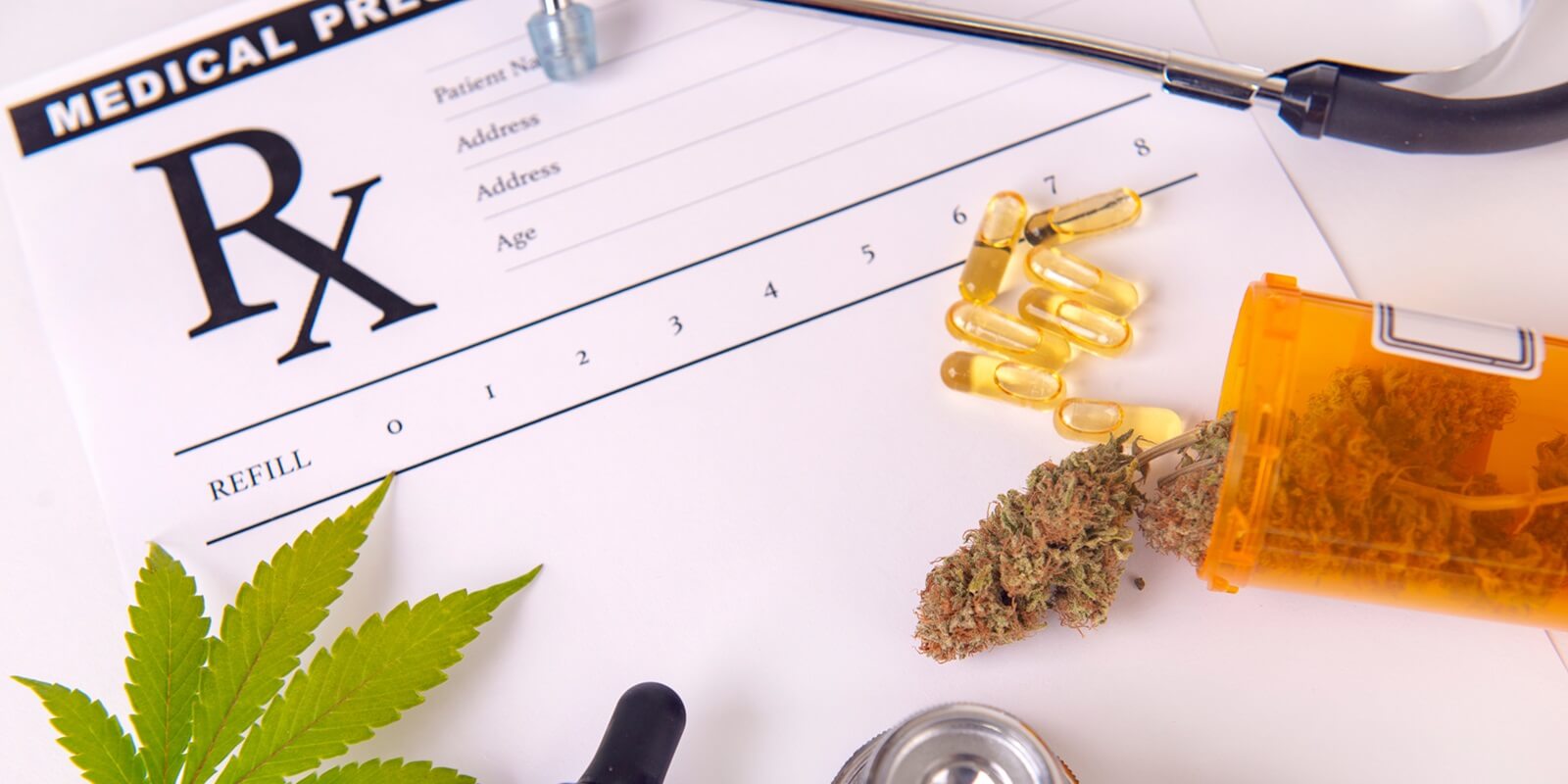Best Eats and Attractions Near Boston’s Top Dispensaries
December 22, 2025If you need to top up your supplies at a dispensary in downtown Boston, there is no need simply to get in and get out! Many...

Cannabis culture has undergone a revolution throughout American history, and Boston is no stranger to these constantly shifting opinions.
From a total ban in the early 20th century to the rise of the first Boston dispensary, the city has seen numerous changes within the last 125 years—and in fact, the state of Massachusetts has always been a frontrunner in the legal changes that have faced cannabis over the previous century, for better and for worse.
Marijuana enthusiasts who call Boston home may not realize just how influential the area has been in statewide and nationwide cannabis efforts.
Let’s explore the role of cannabis in Boston’s past and present to understand just how pivotal Massachusetts is in the history of this hobby plant.
Although Boston may seem forward-thinking now, the state of Massachusetts has not always been this way. In fact, MA became the first state to outright levy a restriction on cannabis back in 1911.
At this time, possession of marijuana for personal use was illegal. However, some people could still access cannabis for medical purposes through great effort (and only from certain licensed pharmacies).
The 1937 Marihuana Tax Act passed by the federal government did not directly call for a total plant prohibition. Still, its effect was the same—by placing such monumental taxes on both marijuana and the hemp plant in general, the government functionally created a cannabis prohibition, even if not in name.
It wasn’t until 1970 that cannabis was added to the government’s list of drugs too harmful for medical use (Schedule I substance) alongside other notorious compounds such as heroin.
This negative outlook on marijuana persisted for many years, through Nixon’s war on drugs and the implementation of the Drug Enforcement Administration (DEA) to more strictly enforce marijuana’s ranking as a Schedule I substance. However, around the turn of the century, Boston residents started fighting back.
Undercurrents of pro-cannabis culture had churned the waters in Boston for many years before any legal action was taken. The Boston Freedom Rally, one of the largest pro-marijuana gatherings in the US, met for the first time in 1989 and each year afterward.
In 1995, the movement changed location to the Boston Commons, where American citizens’ rights to assembly and free speech were first established. By 2008, Massachusetts voters were solidly on the side of marijuana. They approved a legal move to eliminate the criminal penalties for possessing less than an ounce.
While people could still receive a fine of up to $100, no further repercussions such as jail time remained.
A few years later, in 2012, cannabis became legal for medical use in MA, allowing patients to hold up to a 60-day supply. Medical marijuana cards were developed, and Boston became home to numerous state-regulated locations for medical cannabis products.
Shortly after, in 2016, the Boston community joined the rest of the state to fully legalize recreational cannabis—the first state to do so on the entire eastern seaboard.
Those aged 21 and over could now possess up to an ounce at any time or as much as 10 ounces in their private residence. This move also permitted homeowners to grow their cannabis plants within regulatory guidance.
It took some time between legalization and the bureaucracy of business to allow for dispensaries to arise. Still, Pure Oasis became the first Boston cannabis dispensary to sell recreational products shortly after. This ignited a city-wide inspiration, with dispensaries arising quickly after this landmark achievement.
Many things have changed about Boston’s cannabis scene since the early history of the state. However, some elements of the law still face opposition and may be poised to change in the future.
The current possession limit of one ounce in public has faced public pushback, and recreational and medical users alike remain unsatisfied with the ban against using cannabis products outside of private residences.
Massachusetts has also composed its laws such that medical marijuana accessibility is not as free as in other states. Many people expect that Boston may update its legal guidelines to allow out-of-state medical cannabis users to purchase products within MA when they visit.
From its role as the first in opposition to cannabis to passing the first law legalizing medical use in the region, Boston has been at the center of national legal changes surrounding marijuana.
While things are now more favorable than ever, remember that your vote can make a difference as laws develop and change. The team at Pure Oasis is proud to have made such an impact in our local community, bringing recreational cannabis access to our neighborhood.
Stop by a Pure Oasis dispensary to explore our products and learn about the many ways we continue to impact our Boston community.
Are you at least 21 years old?